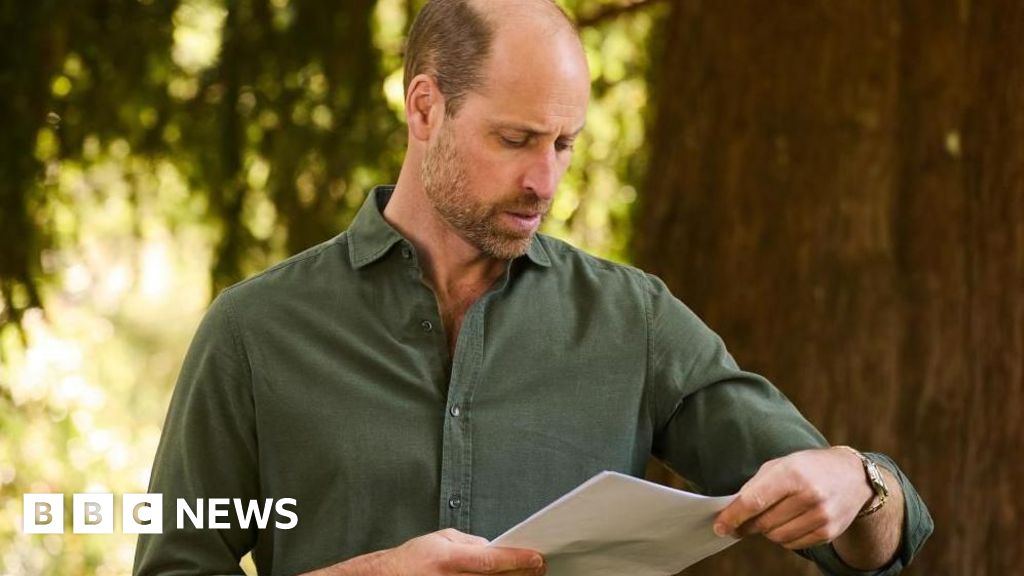- Basketball
Cardinals place CB Sean Murphy-Bunting on the season-ending injury list
时间:2010-12-5 17:23:32 作者:Personal Finance 来源:Europe 查看: 评论:0内容摘要:Dr Alaa al-Najjar, a 36-year-old paediatrician and mother of 10, spent the morning of Friday, May 23, doing what she had devoted her life to: Saving children at Gaza’s Nasser Hospital. By nightfall, she was no longer a healer but a mourner, cradling the charred, dismembered remains of her own children – Yahya, Rakan, Ruslan, Jubran, Eve, Revan, Sayden, Luqman, and Sidra. Seven were confirmed dead. Two remain buried beneath the rubble, including her youngest, six-month-old Sayden, still asleep in his crib when Dr al-Najjar kissed him goodbye that morning.Dr Alaa al-Najjar, a 36-year-old paediatrician and mother of 10, spent the morning of Friday, May 23, doing what she had devoted her life to: Saving children at Gaza’s Nasser Hospital. By nightfall, she was no longer a healer but a mourner, cradling the charred, dismembered remains of her own children – Yahya, Rakan, Ruslan, Jubran, Eve, Revan, Sayden, Luqman, and Sidra. Seven were confirmed dead. Two remain buried beneath the rubble, including her youngest, six-month-old Sayden, still asleep in his crib when Dr al-Najjar kissed him goodbye that morning.
Under former President Bill Clinton, there was a federal surplus – the result of favourable economic conditions such as the dot-com boom, as well as tax increases which raised more revenues.What are Treasury bills, notes and bonds?

When the US wants to borrow money, it turns to the Treasury – the finance department of the federal government.To borrow money, the Treasury sells various types of debt securities, such as Treasury bills, Treasury notes and Treasury bonds to investors.These securities are essentially loans made by investors to the US government, with a promise to repay them with interest.

US Treasuries have long been considered a safe asset because the risk of the US failing to repay its investors has been very low.Different debt securities mature over different times – this is when the debt is repaid to the investor.

Three-quarters of the $36.2 trillion US debt, approximately $27.2 trillion, is held domestically, of which:
Among individuals, Warren Buffett, through his company Berkshire Hathaway, is the single largest non-government holder of US Treasury bills, valued at $314bn.Candidates also had to pass evaluation committees, comprised of representatives from the executive, legislative and judicial branches of government.
And yet, some of the final candidates have nevertheless raised eyebrows. One was arrested for trafficking methamphetamine. Another is implicated in a murder investigation. Still more have been accused of sexual misconduct.Arias suspects that some candidates slipped through the screening process due to the limited resources available to organise the election.
She noted that the National Election Institute had less than 10 months to arrange the elections, since the reforms were only passed in September.“The timing is very rushed," she said.
- 最近更新
- 2025-07-07 10:17:39UN launches rescue operation after eight die off Djibouti coast; 22 missing
- 2025-07-07 10:17:39Justin Bieber says he’s ‘not to be f—ed with’ in perplexing Father’s Day post
- 2025-07-07 10:17:39A-Z Animals ArticlesIs it really raining sharks in Myrtle Beach?
- 2025-07-07 10:17:39Seven killed in wave of bomb, gun attacks across southwest Colombia
- 2025-07-07 10:17:39Democrats wooing Musk after the Trump breakup is US plutocracy at its best
- 2025-07-07 10:17:39What is happening in Los Angeles is not law enforcement, it’s occupation
- 2025-07-07 10:17:39ReutersWhite House reviews SpaceX contracts as Trump-Musk feud simmers, sources say
- 2025-07-07 10:17:39N Ireland hit by third night of ‘racist’ violence, main flashpoint calmer
- 热门排行
- 2025-07-07 10:17:39annual cost-of-living adjustments
- 2025-07-07 10:17:39Rachael Ray Makes Rare Red Carpet Return
- 2025-07-07 10:17:39How to find a trusted retirement advisor for peace of mind in your golden years
- 2025-07-07 10:17:39Large protests in Colombia in support of President Petro’s labour reforms
- 2025-07-07 10:17:39this two-pack of under-sink organizers
- 2025-07-07 10:17:39How a ‘Gold Mafia’ is looting Southern Africa, washing dirty cash
- 2025-07-07 10:17:39our guide to age-smart ways to save on home insurance
- 2025-07-07 10:17:39First-time homebuyers moved into their dream home. The former owners sent them an une…
- 友情链接
- University names building after Benjamin Zephaniah UK weather forecast more accurate with Met Office supercomputer Construction sites appear in Gaza ahead of Israeli-US aid plan rejected by UN, images show Lineker says emotional farewell on final Match of the Day Firefighters fundraise after UK colleagues killed Mark Gordon previously convicted of rape in US, retrial told Disabled student films bus trips to show challenges A letter from the M&S hackers landed in my inbox - this is what happened next What is bug hunting and why is it changing? The Wurzels write song using artificial intelligence Theatre's £5m revamp plans submitted to council Charity shop donated guitars fetch £12,000 at auction Artist's 'heartbreak' over AI generated images Five musicians murdered in suspected Mexican cartel killing Planned data centre could create up to 1,000 jobs Work inspired by military's LGBT ban to be lit up 'No plans for hosepipe ban', says water company German court rejects Peruvian farmer's landmark climate case Girl, 15, raped by masked man who led her from bus stop What's next for social media? BBC uncovers child sex abuse in South Africa's illegal mines Why did the government sign the Chagos deal now? Record low rivers prompt drought experts meeting Adidas says customer data stolen in cyber attack Andrew and Tristan Tate will return to UK to face charges, lawyers say Russian advance in Ukraine's north east may be attempt to create 'buffer zone' Telegram announces partnership with Musk's xAI How native breeds 'restore and protect' landscapes What's next for social media? 'Ocean darkening' a cause for concern - scientists
